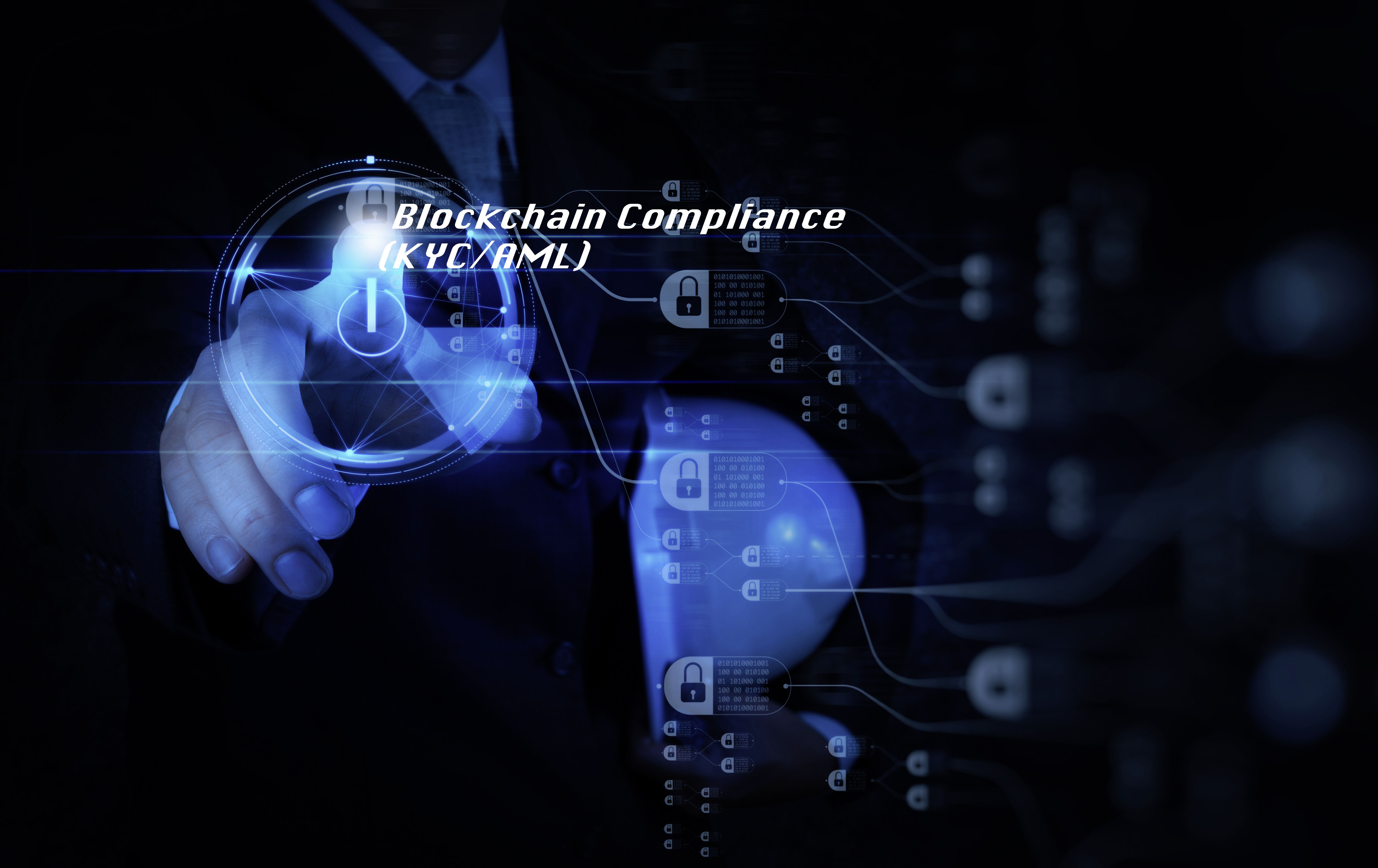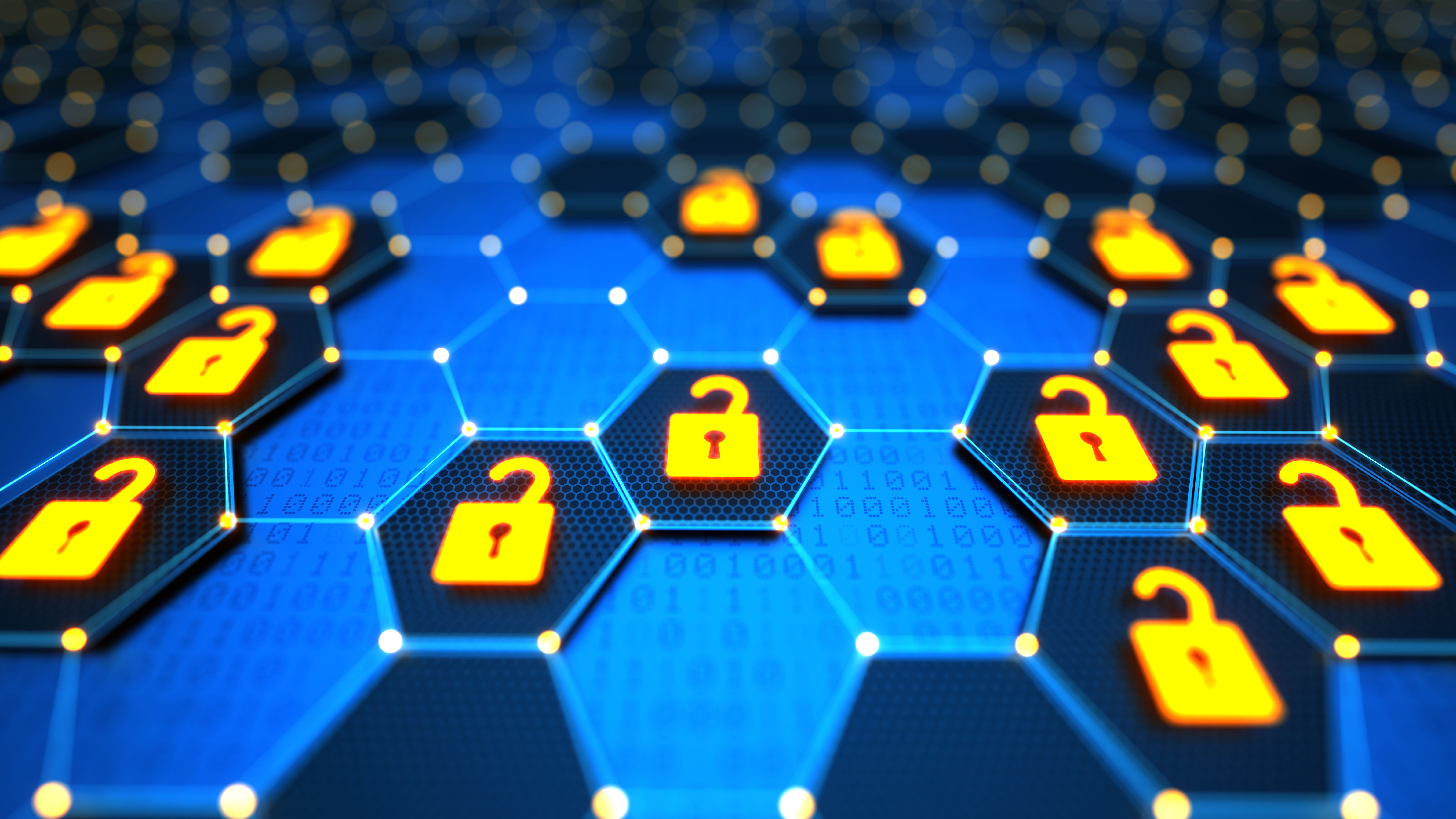Enhancing DeFi Compliance with Decentralized Identity Solutions
Understanding the Importance of Compliance in DeFi
The rise of Decentralized Finance (DeFi) has been nothing short of transformative for the financial landscape. By removing intermediaries, DeFi platforms offer greater autonomy and accessibility to financial services. However, with these advantages come significant challenges, particularly in the realm of compliance. Ensuring that DeFi projects adhere to regulatory standards is crucial for fostering trust and ensuring the sector’s long-term viability.
Compliance in DeFi involves a complex interplay of regulations that aim to prevent illicit activities such as money laundering and fraud. Traditional financial institutions have established mechanisms for compliance, but DeFi’s decentralized nature makes it more challenging to implement these measures effectively.

The Role of Decentralized Identity Solutions
Decentralized Identity (DID) solutions are emerging as a promising approach to enhance compliance in DeFi. These systems facilitate the creation of digital identities that are secure, private, and user-controlled. By leveraging blockchain technology, DID solutions offer a way to verify identities without relying on centralized authorities.
DID solutions provide users with a unique digital identity that can be used across multiple platforms. This capability is particularly beneficial for DeFi projects, as it allows users to interact with various services while maintaining their privacy. Moreover, it ensures that compliance requirements such as Know Your Customer (KYC) and Anti-Money Laundering (AML) can be met without compromising user autonomy.
Advantages of Using Decentralized Identity in DeFi
There are several advantages to integrating decentralized identity solutions within DeFi platforms:
- Enhanced Security: By decentralizing identity information, users are less vulnerable to data breaches and identity theft.
- Improved Privacy: Users have greater control over their personal information, sharing only what is necessary for compliance purposes.
- Interoperability: A unified identity system allows seamless interaction across different DeFi protocols.

Implementing Decentralized Identity Solutions
The implementation of decentralized identity solutions in DeFi requires strategic planning and collaboration among various stakeholders. Developers need to create systems that are both user-friendly and compliant with regulatory standards. Additionally, there must be a concerted effort to educate users about the benefits and functionalities of these solutions.
One approach is to integrate DID solutions with existing DeFi platforms through partnerships. By working together, projects can ensure that compliance measures are robust and effective without compromising the decentralized ethos that defines DeFi.
Challenges and Considerations
Despite their potential, decentralized identity solutions are not without challenges. For instance, achieving widespread adoption requires overcoming technical barriers and gaining regulatory approval. Furthermore, there must be a balance between maintaining user privacy and meeting compliance requirements.
Another consideration is the standardization of decentralized identity protocols. As the ecosystem grows, there is a need for uniform standards that ensure compatibility and interoperability across different platforms.

The Future of Compliance in DeFi
The integration of decentralized identity solutions into DeFi is poised to revolutionize how compliance is managed in the sector. As these technologies evolve, they have the potential to provide a scalable and efficient way to meet regulatory demands while preserving the core principles of decentralization.
Looking ahead, the collaboration between developers, regulators, and users will be vital in shaping a compliant DeFi ecosystem that is both innovative and secure. By adopting decentralized identity solutions, DeFi projects can enhance trust and ensure their sustainable growth in a rapidly changing financial landscape.
